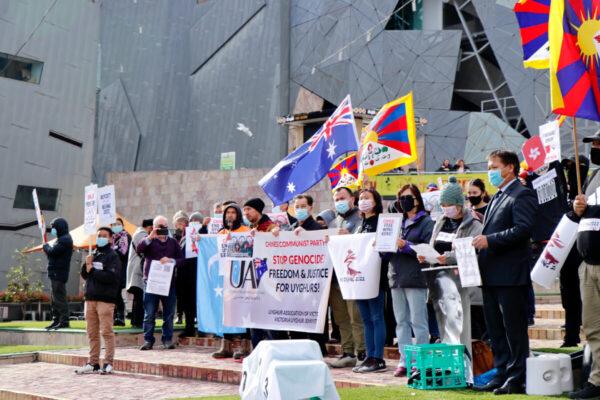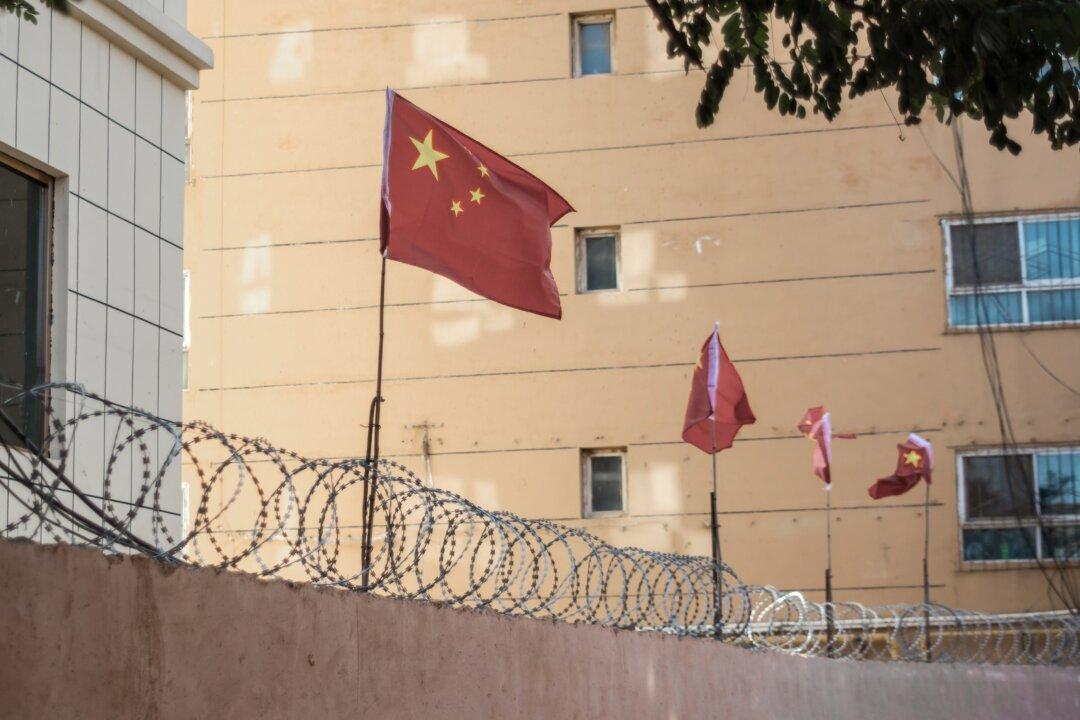A human rights organisation has revealed that Australia’s largest super funds have invested over $1 billion (US$729 million) of Aussies retirement savings into China-based tech companies accused of aiding the Chinese Communist Party’s (CCP) persecution of Uyghurs and other minority groups.
HKW also raised concern about Alibaba’s social credit application, Sesame Credit, which “may be absorbed into the Chinese state’s dystopian social credit system.”
The report further noted that Tencent’s WeChat, China’s most significant multi-purpose social media and payment app, had been accused by Humans Rights Watch of censorship and surveillance under the directive of the CCP.

Dennis Kwok, an exiled Hong Kong lawmaker who focused on Asia’s human rights issues while on the Legislative Council between 2012-2020, said Western nations had an obligation not to support governments’ engaging in human rights violations.
“As authoritarian governments around the world crackdown on democracy and freedom, businesses should not play a complicit role, particularly if they are major beneficiaries from open societies and the rule of law back home,” Kwok said.
The report highlighted a new global trend of environmental, social and governance considerations, with firms valuing their investments’ social and ecological impacts alongside returns on investment.
However, the report said the same concern was absent when addressing human rights abuses, particularly in China, given the CCP’s persecution of Falun Gong practitioners, Uyghurs, and Tibetans, as well as the attack on Hong Kong’s democratic freedom.

Policy Director of Hong Kong Watch, Johnny Patterson, said that while many investors were choosing to inject billions into countries—such as China—with the goal of pursuing profit, many citizens and members of government remained utterly unaware.
“There is a clear knowledge gap between financial professionals who know that enormous amounts of the money of ordinary people, institutional investment, pensions and government funding is being invested in China, and the members of the public, media and policymakers who would have serious ethical and practical reservations about what seems to be a reckless and problematic course of action,” Patterson said.
“This information gap has provided cover for financial institutions to pursue profit without regard for the social impacts of their ties with firms that are closely affiliated with egregious rights abuses in Hong Kong or Xinjiang.”





